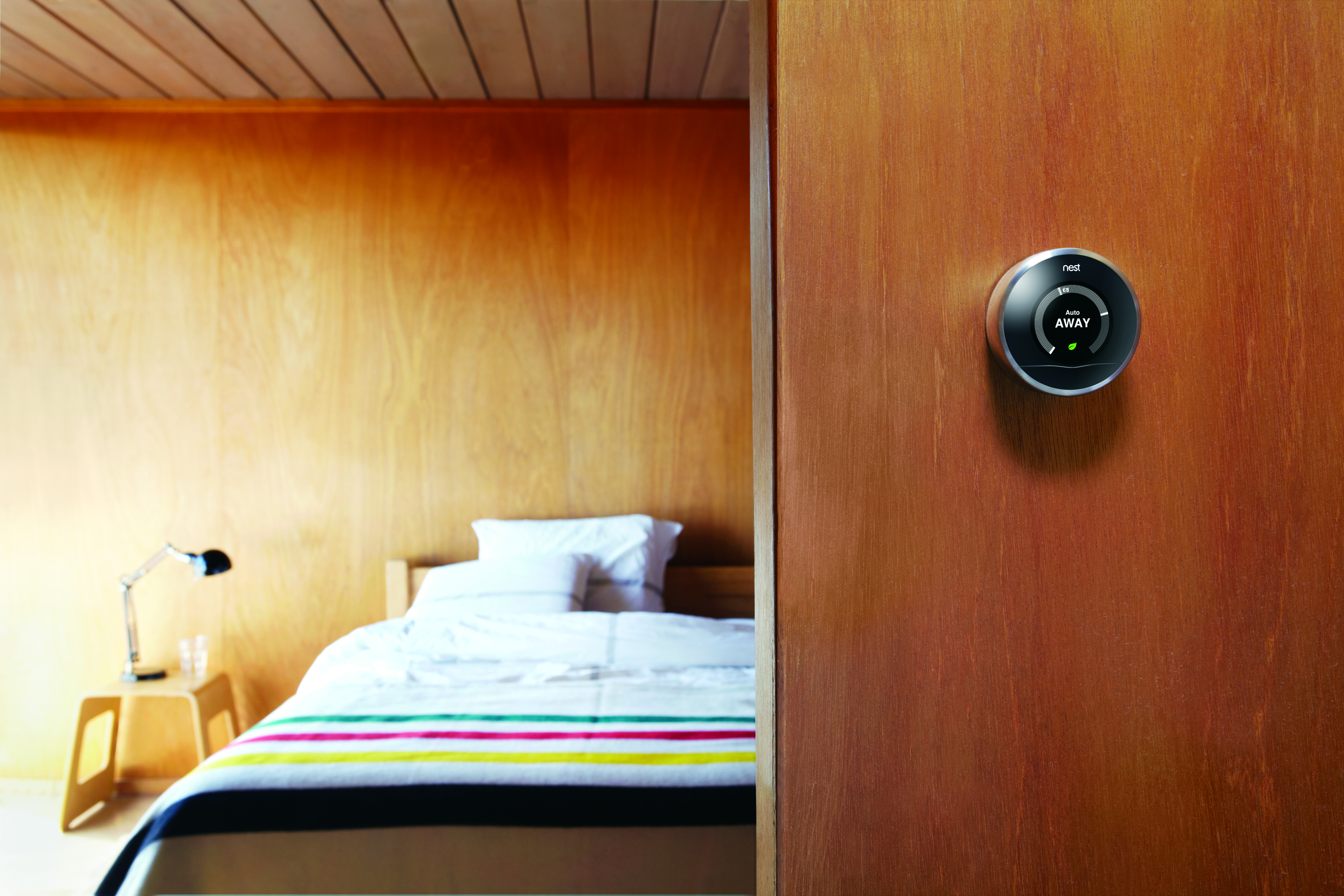How Nest got its customers to cut their AC use (and like it)


Nest, the startup purchased by Google, partnered with several utilities last year to take the intelligence embedded in its web-enabled learning thermostat beyond the home and to the grid in an effort to broaden its energy savings mission.
The partnerships appear to have worked. On Thursday, Nest released the stats behind two of the programs--Rush Hour Rewards and Seasonal Savings--designed to encourage customers to cut their energy use. To date, the Rush Hour Rewards program, which allows people to earn money or credits from their utilities by using less energy when everyone else is using more, has achieved a 55 percent reduction in use during peak times, according to Nest.
The Seasonal Savings program, in which a customer's thermostat schedule is automatically fine-tuned to save energy, helped reduce air conditioning use by 4.7 percent on average. The reductions were made by automatically making small temperature adjustments over time for participating customers. The program shows small changes, of less than 1 degree, can make a different without sacrificing comfort or requiring users to adjust their behavior, Nest says.
The programs are powered by Auto-Tune, cloud-based big data technology developed by Nest that seeks out and automatically takes advantage of personalized opportunities to save homeowners money and energy. Auto-Tune is a combination of big data algorithms and Nest's cache of behavioral knowledge (gleaned from all the smart thermostats it has sold) of personal temperature preferences and schedules, the weather and home profiles.
The programs gave incentives, much like other utility-driven energy reduction programs. Customers who signed up for either program retained control over their thermostats. Nest automatically made changes to thermostats, but ultimately customers could turn up their heat or make their homes cooler.
The company says the success of the program suggests one-size-fits-all demand response programs that are not personalized and lock customers out of their climate control are doomed to have low participation. As Nest puts it: "Can you imagine a scorching hot day and not being in control of your home's temperatures?"
The company has added features this year. For instance, the Rush Hour Rewards energy savings period would typically last two to four hours, depending on the utility's best guess of AC needs during a heat wave. Customers were notified the day before. Now, there will be on-demand events that last 30 minutes to give utilities the ability to react quickly to changing weather--like the heat wave running through Southern California right now.
Nest has added new energy partners in the U.S. including Columbia Gas of Ohio, ComEd, CPS Energy and Direct Energy. They company also added npower, its first partner in the U.K.
Photo: Nest
Related:
- Virtual fresh air: Air conditioning evolves to combat climate change
- Los Angeles requires 'cool roofs' on new homes
- Nest halts sales of talking smoke alarm
- Kickstarter campaign seeks to reinvent the water heater
- Save on utilities: just heat or cool yourself
This post was originally published on Smartplanet.com